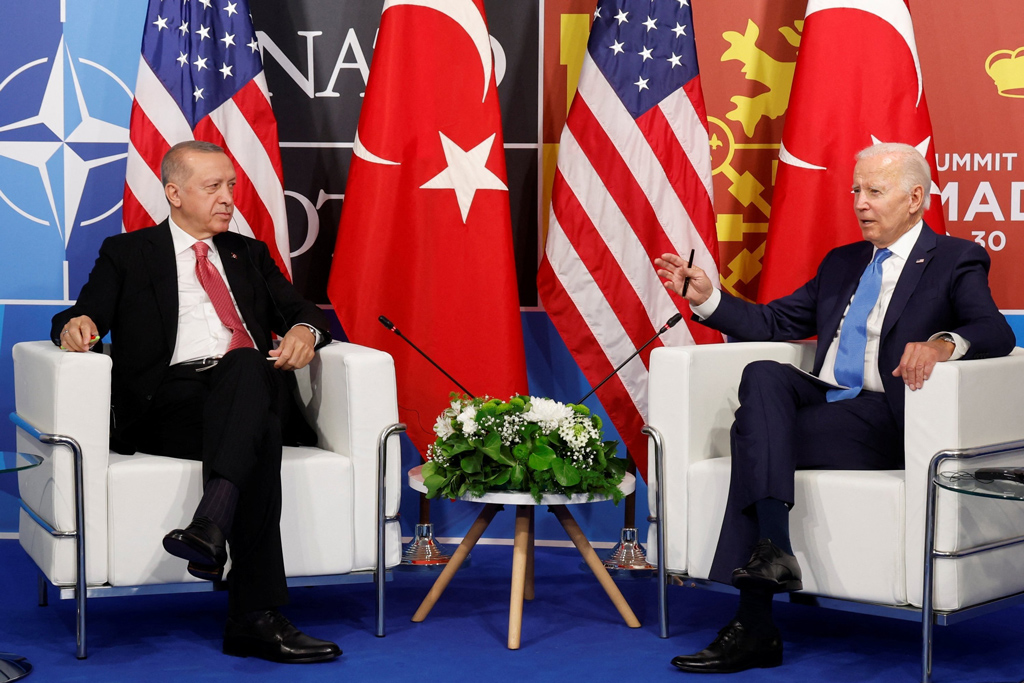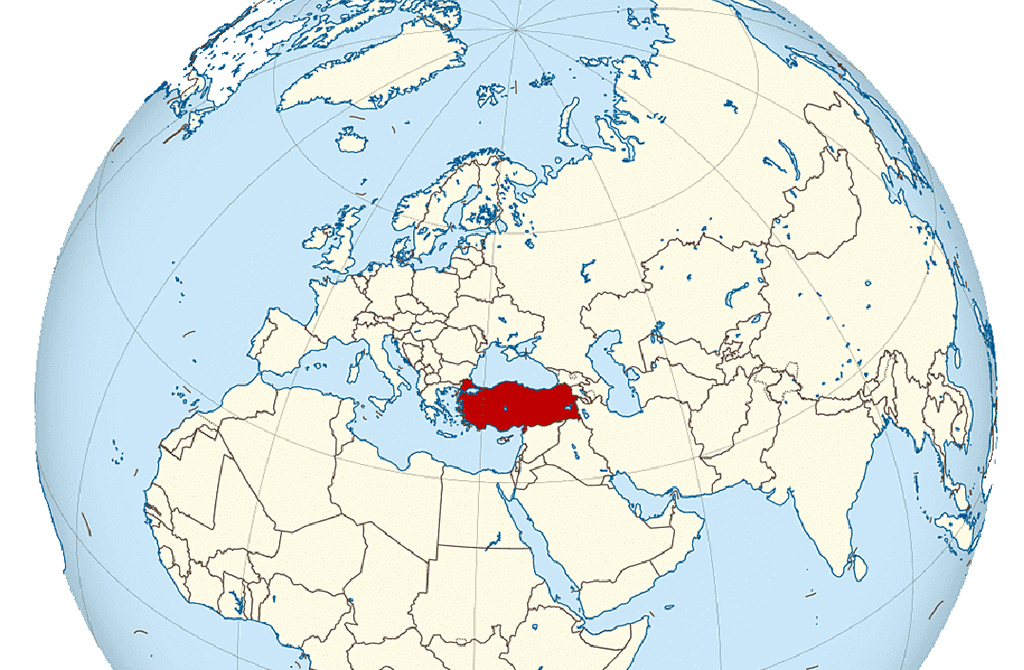
Turkish-US relations today: Turbulent or stable?
Though Türkiye wants the U.S. to reconsider relations within the framework of new global power balances, the Biden administration aims to maintain the longtime hierarchical ties
Share
Türkiye and the United States have been experiencing tense and conflictual relations for the last decade. Especially since the eruption of the Arab Spring and the emergence of a new regional conjuncture, the friction between Washington and Ankara has widened. Though Türkiye has asked the U.S. to revise the relations in line with domestic political developments, the new regional political environment and the new global balance of power, the U.S. administration wants to maintain the longtime hierarchical bilateral relations. In other words, while Ankara has been trying to increase its autonomy in its own foreign policy, the U.S. wants to keep Türkiye subordinated to its global projections.
Although the U.S. Department of State, on its webpage, still describes Türkiye as “a key NATO ally and critical regional partner” and “an important U.S. security partner” and points out that the U.S. wants “to keep Türkiye anchored to the Euro-Atlantic community,” the recent U.S. governments continue to follow policies that otherize and alienate Türkiye. The bipartisan anti-Türkiye perception is still dominant in U.S. policy circles.
For instance, the U.S. has abandoned its relatively balanced policy toward the Cyprus question and the Turkish-Greek bilateral relations. The U.S. has recently clearly favored the Greek side against Türkiye. Washington has built up a huge military arsenal and established nine different military bases within the Greek territories. Although the American side claims that it is against the increasing Russian threat in Eastern Europe, the Turkish side questions the establishment of these military bases close to the Turkish territories. In addition, the U.S. has sold strategic weapons to Greece to fortify its military presence in the east Aegean islands. Accordingly, the U.S. government abolished the sanctions against the Greek Cypriot administration and helped it militarize the island against the Turkish side.
The political structure of the U.S., the check and balances system, allows different kinds of actors, including lobbies and interest groups, to influence decision-makers. For example, the president of the United States may have to negotiate even with the members of Congress of his own party on many foreign policy issues.
Tags »
Related Articles






